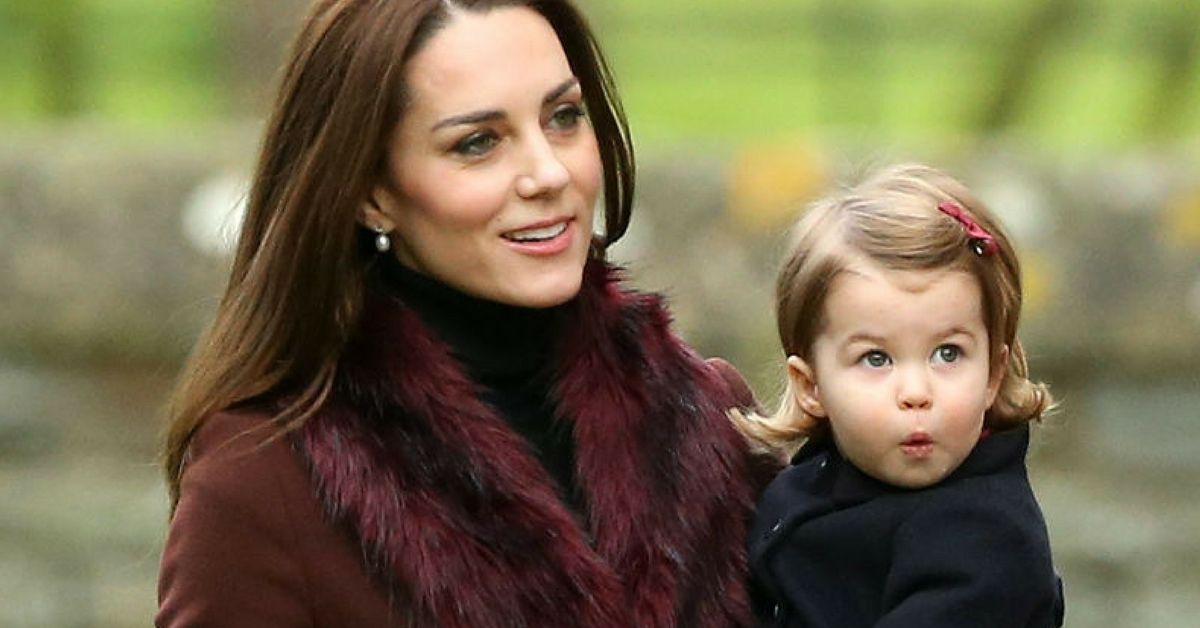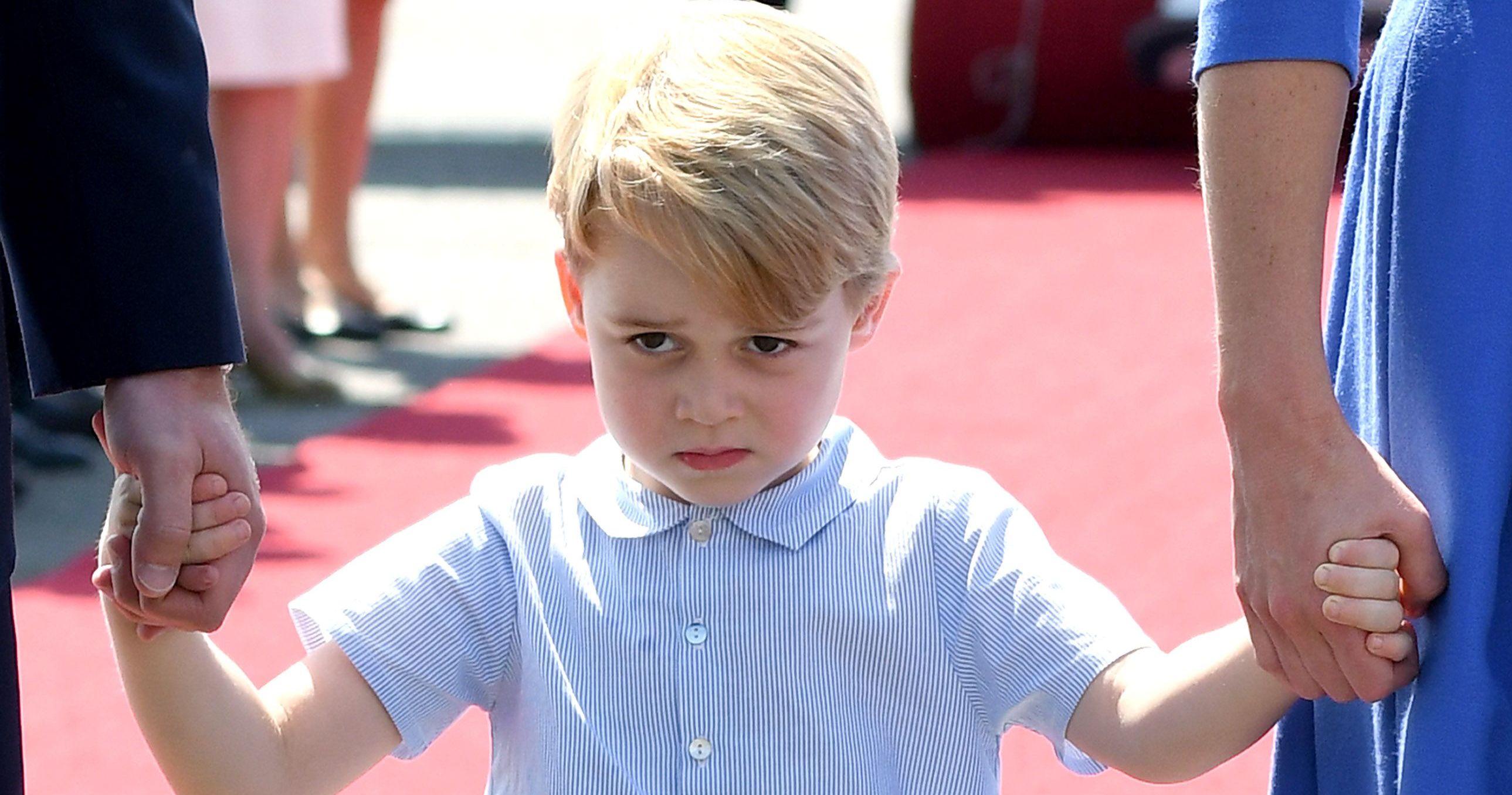Prince William and Kate Middleton's second child, Princess Charlotte Elizabeth Diana, is only two years old, but her charm has no bounds.
From saying her first words in public while on a Royal Tour with her parents, to upstaging her aunt Pippa Middleton, at her own wedding, Charlotte is already stealing all the attention away from the other members of the royal family.
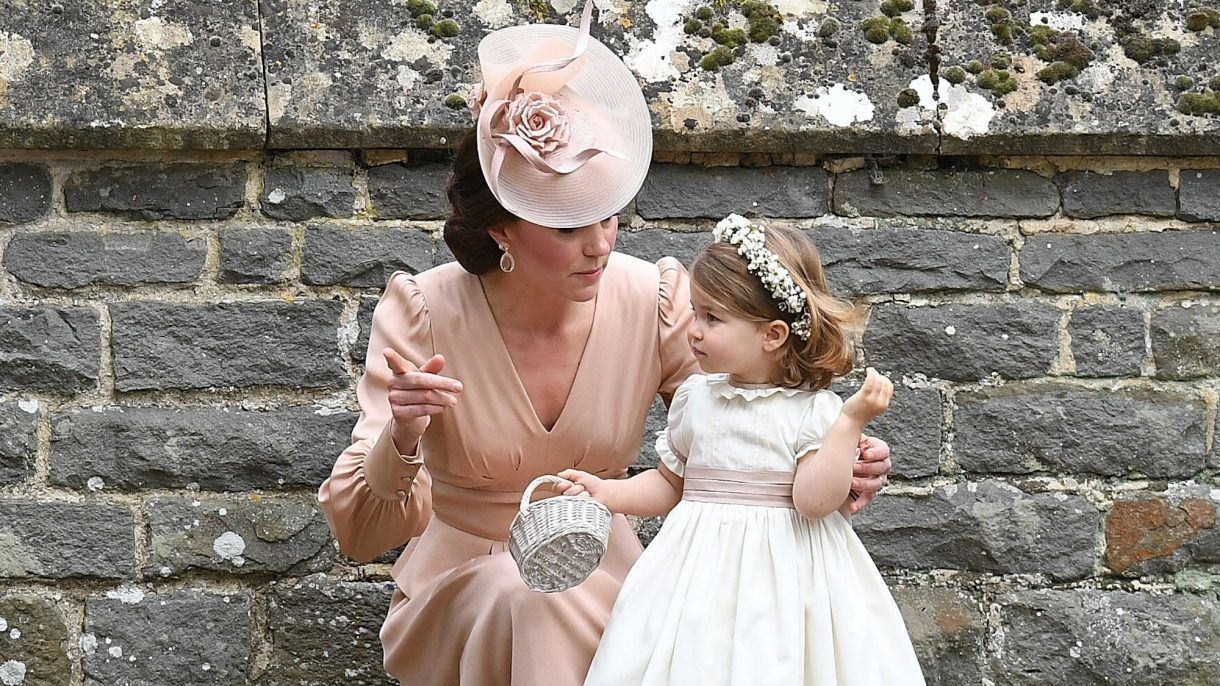
There's even a pub in Colchester, Essex that's been named after her! This makes her the youngest royal to ever receive this honor.
Earlier this year, after it was announced that the princess will be starting preschool at Willcocoks Nursery School, both her parents and great-grandmother, Queen Elizabeth II, revealed some details about what she is really like in private.
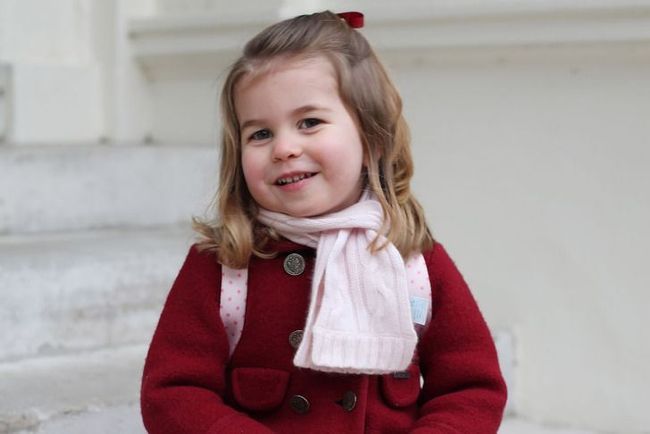
They all claimed that the little girl loves to take charge over her older brother, Prince George.
The Queen said that in the Cambridge household, it's Charlotte who looks after George, not the other way around.
Her mother also previously said something similar, according to Samantha Burge.
"Kate said that Charlotte is growing up really fast. She is the one in charge."
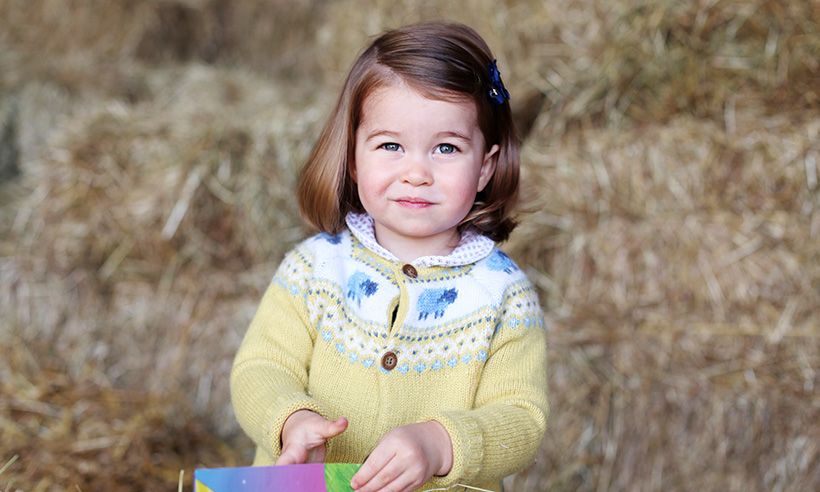
Thanks to the Duchess of Cambridge, we also recently learned that Charlotte's favorite food is pasta.
While these are all fun tidbits about the princess, who currently sits at fourth in line, there are more interesting and important details about Charlotte that many don't know.
The adorable heir has been making a lot of headlines lately, thanks to the impending arrival of the third royal baby.
Although the arrival of any new heir is an exciting event for the royal family and their fans, William and Kate's third baby's birth is especially significant.
Why? It all dates back to 2013.
Will and Kate were determined to make sure that their first-born, whether a boy or girl, would have an equal chance at becoming King or Queen.
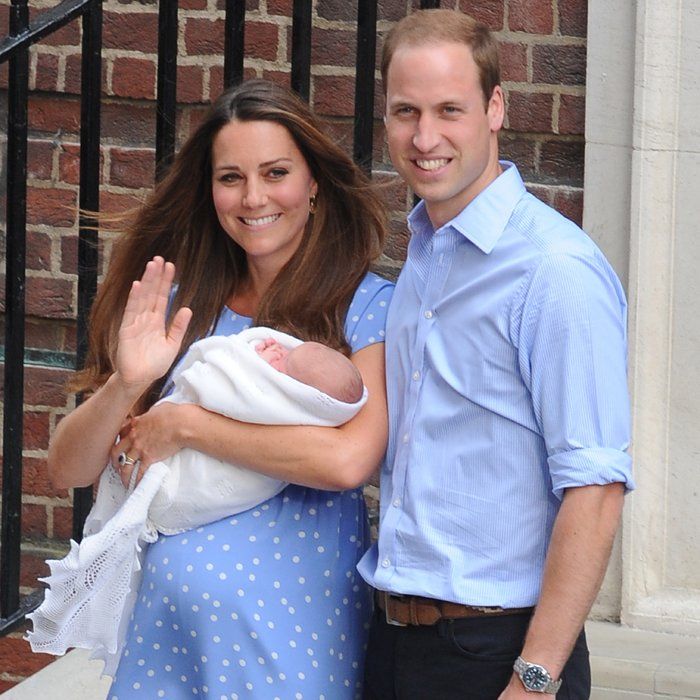
Shortly before George's birth, the Succession to the Crown Act 2013 was passed, nullifying an outdated 300-year-old rule.
The legislation, which states that a person's birth order, regardless of gender, will determine their rank in line of succession, was approved during a Commonwealth summit in Australia back in 2011.
The only reason why this rule did not apply to Queen Elizabeth II when she ascended to the throne was because her father, King George, did not have any sons.
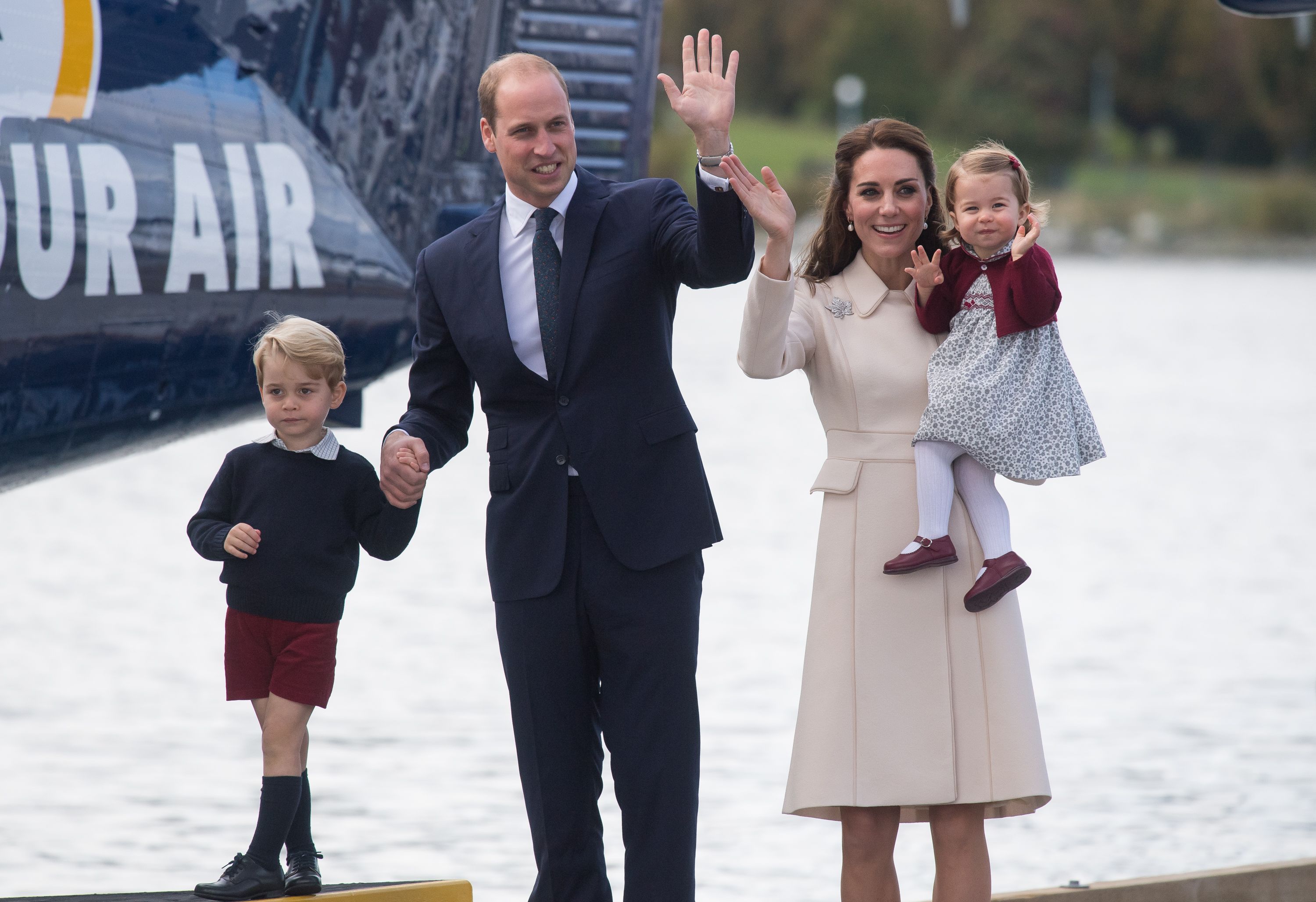
However, since their first child is a boy, the law didn't lead to any changes, but now that Kate is pregnant with another child, we may finally see the act in effect.
Depending on Royal Baby #3's sex, Princess Charlotte will make history.
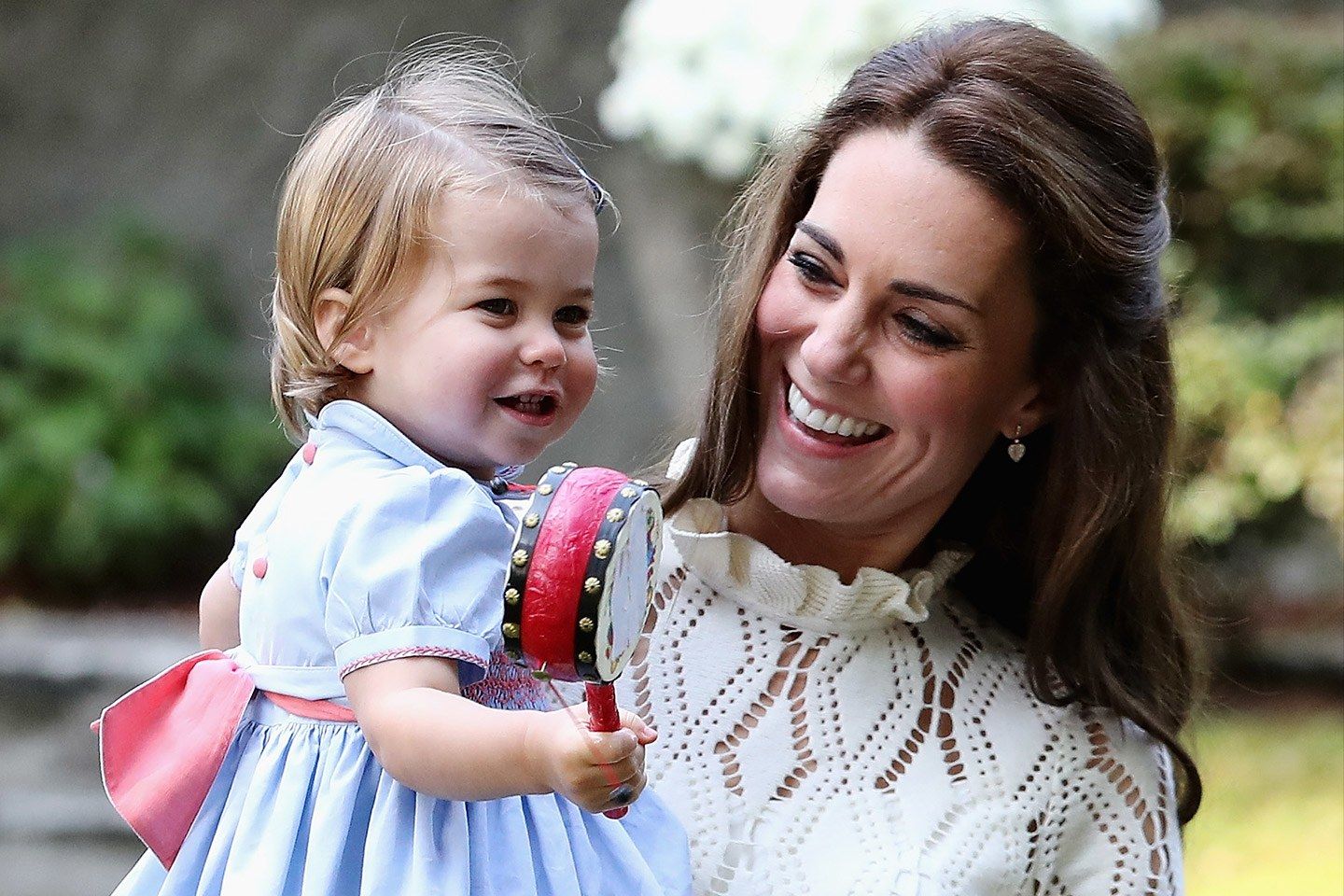
If it's a boy, it will be the first time in history that a female's position will not be bumped by the arrival of a male heir. Princess Charlotte will maintain her position as fourth in line to the throne while the new baby will sit at fifth.
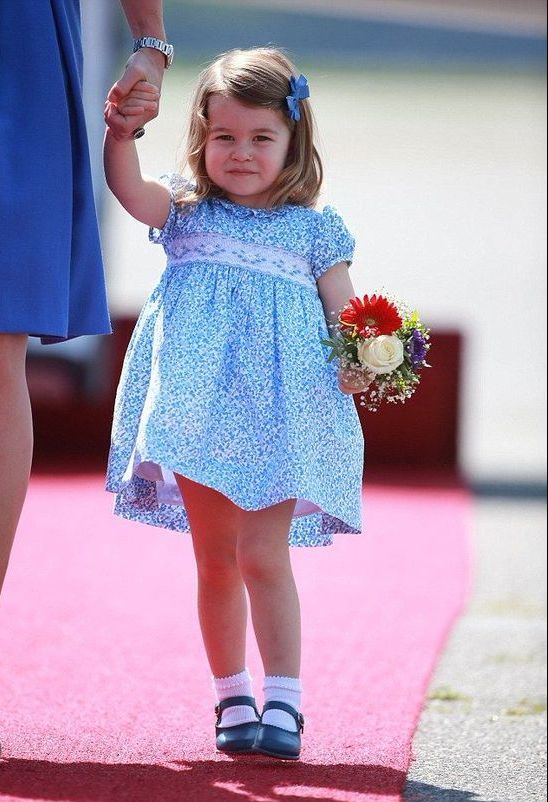
Although Charlotte gets to enjoy this special perk, there's something else that only George will get because he is male.
While both Charlotte and George inherited the titles of "prince" and "princess" from their father, only George can pass it down to his children.
"Her [Charlotte] children will not have titles because the royal titles go down the male line," Joe Little, managing editor of Majesty, told People.
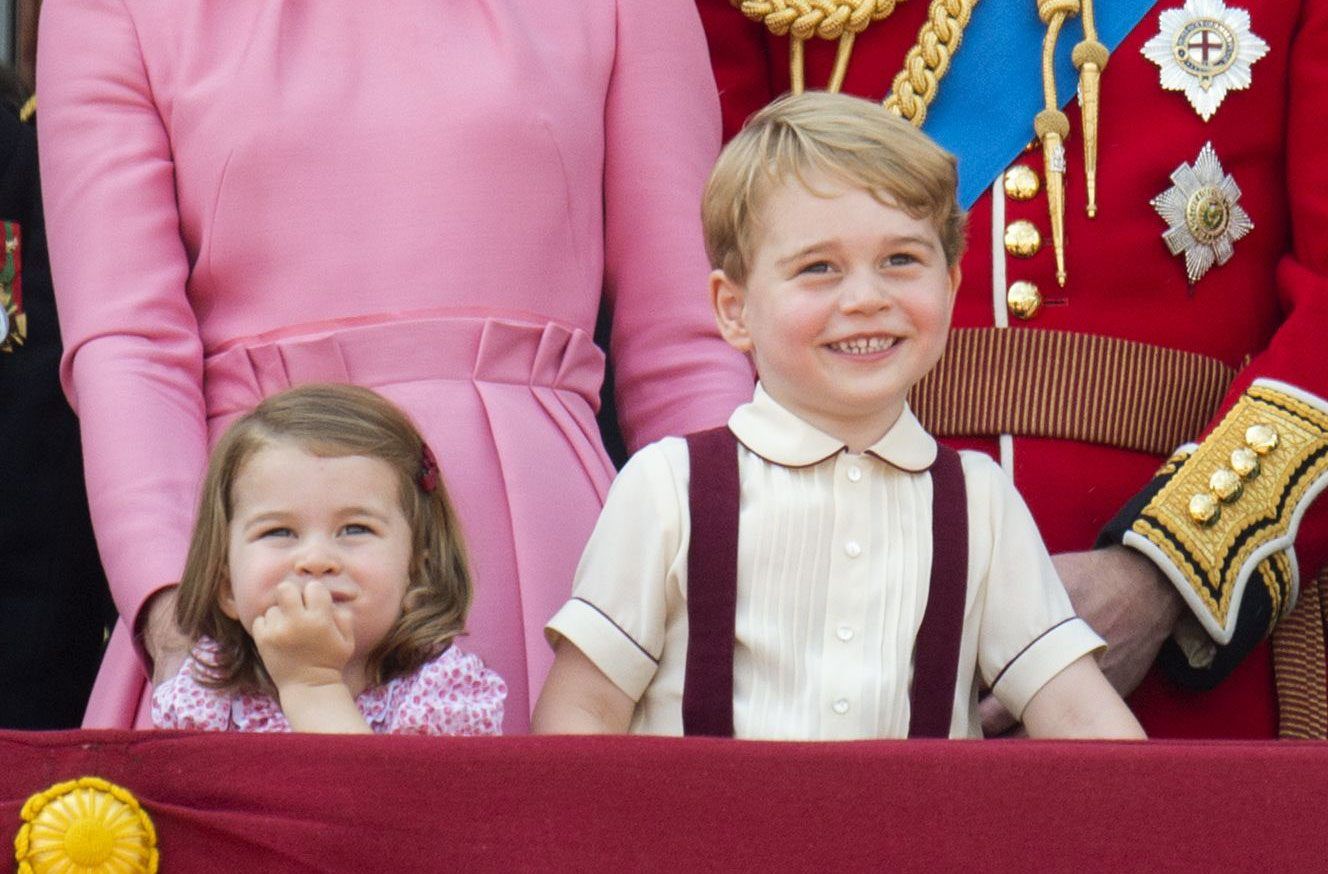
When Prince George has children, they will automatically get titles like he and his sister did when they were born.
However, thanks to the power invested in the Monarch, there are some exceptions to this old rule.
The reigning King or Queen is able to provide titles to royal offspring, who are born with none.
"The same [rule] applied to Princess Anne when she had her children," Little explained. "When she married Mark Phillips and they had children, they were given the option of a peerage for Mark. But they chose not to and Peter and Zara were brought up without titles."
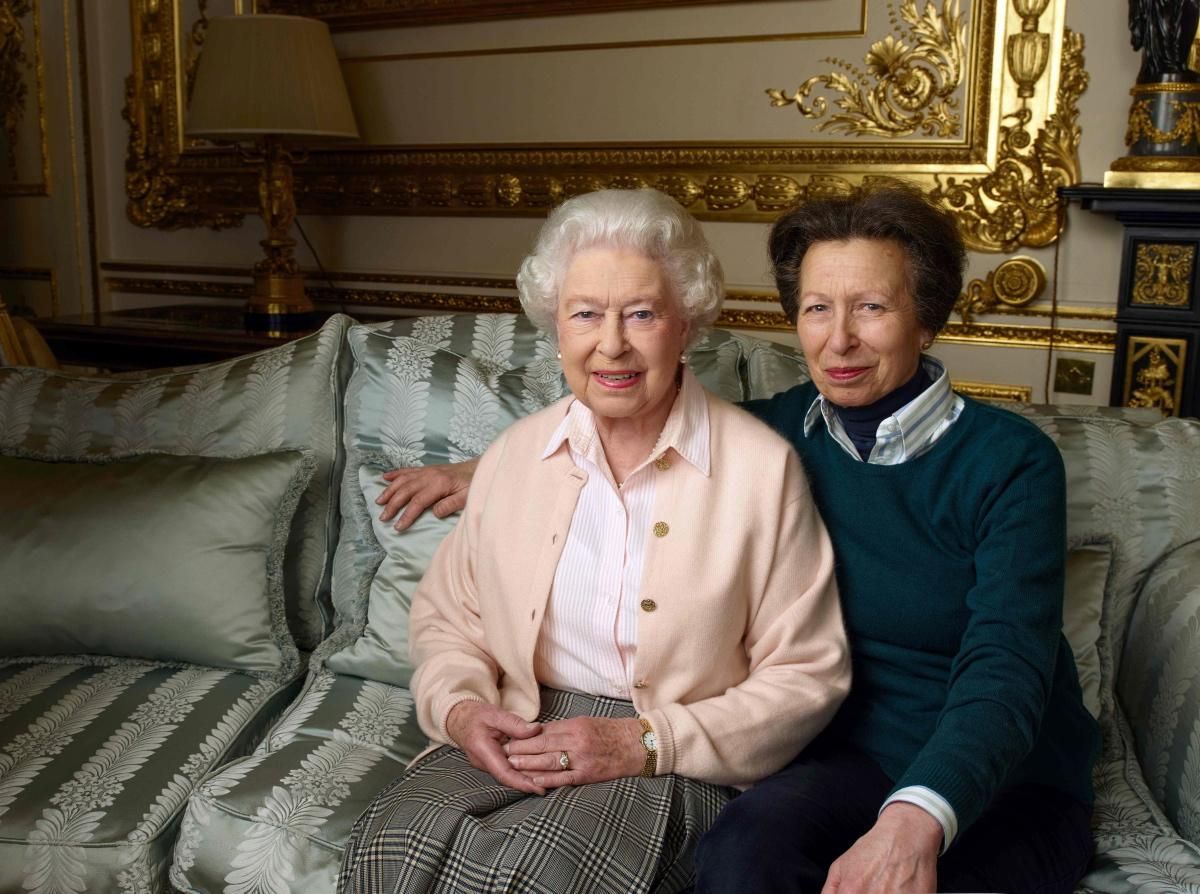
The Queen also famously gave her sister Princess Margaret's husband the title of "Earl of Snowdon," so that their children wouldn't be simply referred to as "Mr. or Miss."
"We were in a transitional period between the traditional times and the modern one and I think it would have felt inappropriate for the nephew and niece of the Queen to be Mr. and Miss," Little said.
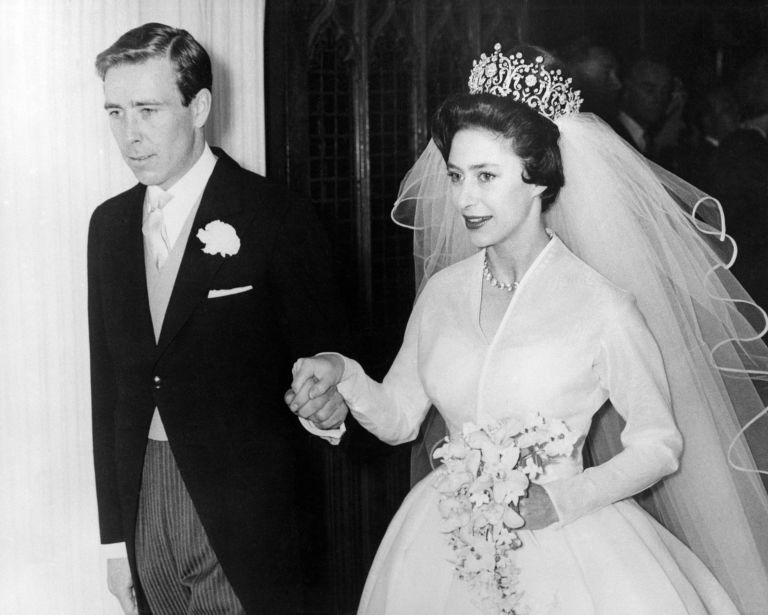
Harry, who will be sixth in line for the throne once Will and Kate's third child arrives, won't be passing down his title either when he and Meghan Markle have children.
Technically, Harry is a commoner, and that could only change if the Queen bestows him with a title at his upcoming wedding this May.
"It sounds complicated, but in the U.K, the only people who are not commoners are the Sovereign and peers of the realm, [people with titles like] Duke, Marquess, Earl, Viscount, and Baron," said Marlene Koenig, a royal historian and writer of the blog Royal Musings.

His children will likely be known as Lord or Lady Mountbatten-Windsor because they would be the great-grandchildren of the Sovereign, which will happen if Prince Charles becomes King.
"And then they would only be eligible to be known as prince or princess if their parents choose to style them that way," added Little.
So what this all means for Princess Charlotte is that when the day comes, she may have the option to stylize her children's names with the titles "prince" or "princess."
Who knows, like her parents, she could also call for a change in the rules, and make history all over again.
